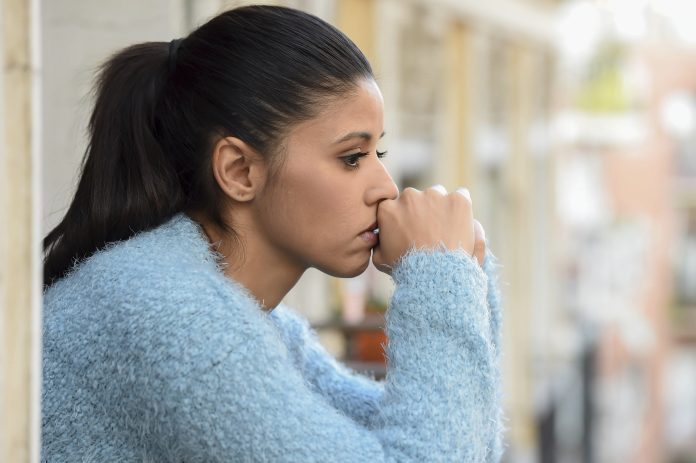While male libido has been researched and examined over the years, with a wide range of medications and solutions available for low male libido, the same can’t necessarily be said about women’s libido, which may make it difficult for women experiencing difficulties in this area to find help.
According to Sexual Health Physician Dr Tonia Mezzini it’s time to expand the conversation.
“Low libido is not a frivolous health issue. It is not something to dismiss. On the contrary, it impacts the quality of life, self-esteem, and relationship harmony for many women.
“Sex is about connection, intimacy, joy, and it can be tightly bound to relationship success,” she says.
Libido, also known as your sex drive, can vary from woman to woman and there is no right or wrong level.
However, Hypoactive Sexual Desire Disorder/Dysfunction (HSDD) can be diagnosed when women experience loss of sexual desire that causes them personal distress.
Low libido can also include:
- An absence of sexual thoughts or fantasies.
- Loss of desire.
- Interest in sexual activity and loss of response to a partner initiating sexual activity.
For many women this can cause anxiety, frustration, or sadness.
It’s said that the impact of HSDD on women can be huge. It impacts both the women and their partners – it is reportedly underreported, and at present, there are no effective treatments available.
A new clinical trial
Reportedly, a new clinical trial is underway to explore a potential treatment for low libido in women.
The trial is exploring BP101, a novel synthetic peptide administered as a nasal spray and aims to measure the effect of three different doses administered daily, compared to placebo, on sexual desire levels in women with low libido or HSDD.
The study is also reportedly looking at the treatment’s effect on how low libido or low sex drive bothers participants taking part in the clinical trial.
Dr Mezzini says the BP101 trial is a part of the ongoing research into treatment options that could make a difference in women’s lives.
“All women are different, and we face unique challenges of our own. Any treatment for women concerned by low libido will be another strategy in what we see as part of a holistic approach.
“We want to encourage research that can improve wellbeing for all women, and sexual wellbeing is a part of that,” says Dr Mezzini.
She adds that the BP101 trial and the conversation around it is a sign of the growing importance of this clinical research.
“BP101 and the research it represents is an exciting advancement in women’s health and wellbeing.
“At a time when we have all come to understand the importance of medical research, we should feel encouraged to have a conversation about other areas of our lives that research could help people,” says Dr Mezzini.
For more information on the clinical trial, visit: anzctr.org.au/Trial/Registration/TrialReview.aspx?id=380376&isReview=true








